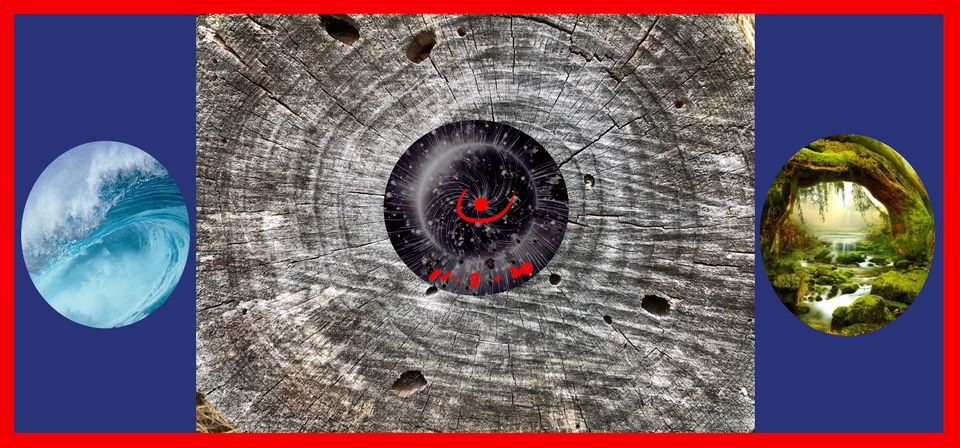Yielding

Society has developed to where it is today, in large measure, by focusing on the idea of achievements. This, in turn, has given way to teaching young people the importance of pursuing their dreams, setting goals that will allow achievements that will lead to success, using their creativity to advance, advance, advance. There was a time when this way of being could be credited with building a society that reflected progressive and life-affirming conditions for many. The advancements in technology, telecommunications, travel allows people to bridge many gaps, physical and meta-physical. This has changed.
The constant and unrelenting pursuit of developing, building, and implementing more and more options has certainly made it possible for many things in this society to be improved. For example, today there is greater ease with which people can take care of responsibilities in home and work life. There is no doubt that the access to travel has expanded options for families to reunite, for individuals to experience other cultures, and for commerce to transport goods around the world (even with high fuel costs and labor disruptions). And having the ability to connect and reconnect in virtual space has been extremely valuable for those who have distances between loved ones who want to share precious moments, for those who cannot easily move physically from one place to another due to disabilities, for those who need to work and can now do so from home as part of the newly emerged "remote workforce.". In short, all of this has led to greater convenience in living in today's world. Has there been a loss along the way?
Yes, there has.
The thing that has been lost is the ability to yield. This also is a skill that requires being able to see that which cannot be seen unless one steps back. It is the ability to feel and understand that which cannot be conveyed with words, but is clear in the energy that is at work. It is the comfort with doing nothing, being in the mode of observation rather than engagement, and resisting the desire to constantly be in the mode of doing.
It may be that this ability to yield is a skill necessary for survival. Think about a few examples where yielding could have saved individual lives and reduced societal burdens. Here are a few examples of not knowing how to yield: building homes and workplaces in known areas where natural (and sometimes human made) disasters occur. Creating social events in venues that have only so much capacity yet no limits on how many people can enter the space, resulting in death when a prankster decides to yell, "fire!". Developing political positions that are entrenched such that no amount of dialogue, collective reflection, discussion of common good can take place without ridicule or worse, violence. Pretending youth never fades even when it is clear that it does. These are some examples of where the drive, the pursuit, the insistence on one's will often leads to great loss. Yielding is a quality, a skill, a capacity that may be a survival skill and it seems to have been lost.
Perhaps it is because the ability and practice of yielding does not fit into the collective mindset of this time/space. Too often characterized as weak, uncommitted, lacking in clarity, "yielding" has not made it into the lexicon of values to be embraced in today's world. The practice of knowing when it is best to withdraw, to submit with care, choose the role of witness has not been taught, understood, and developed. Yet, yielding is an essential for balance to be achieved. And balance is essential to survival, individual and societal. One can witness what endures over time, and it is not the artifacts, monuments, buildings. These regularly are destroyed over the inability to yield. Rather, what endures is everything else that remains, much of which sits in silence.